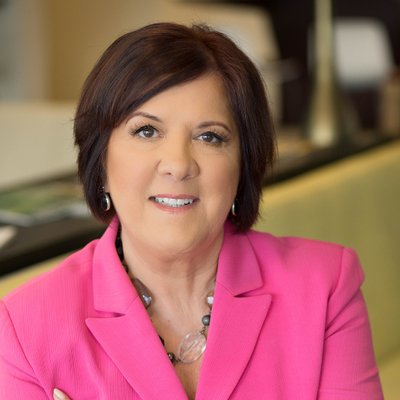That’s the question business reporters should follow, after studying a number of recent surveys that are making headlines.
Those responding to Charles Schwab’s 401(k) Participant Study say they’ll need $1.7 million to retire comfortably, and two-thirds invested in workplace 401(k) plans are confident they’re saving enough money for retirement, according to the 2019 Retirement Confidence Survey from the Employee Benefits Research Institute (EBRI). Yet only one in four responding to a survey conducted by the Certified Financial Planner Board of Standards say they’re financially prepared for retirement, and nearly half of participants in two other recent surveys, from MagnifyMoney and the Certified Financial Planner Board of Standards, admit to raiding their retirement accounts or not saving all for retirement.
Business reporters can develop several stories on retirement readiness that will make headlines in your circulation area by posing the following questions to readers:
Am I saving enough?
Ask readers from those just entering the workforce to those close to retirement to participate in panel. Invite a financial planner or two with the CFP designation, an employee benefits consultant, and a consumer expert to join in the discussion.
In both the Schwab and EBRI survey, about 40% of Americanshaven’t calculated how much to save for retirement. Does your readers’ saving behaviors parallel these numbers? In the EBRI survey, close to three in every five participants said they’re confident about paying for health care in retirement, but less than one in every three have estimated those costs. A 65-year-old couple retiring in 2019 can expect to spend $285,000 on medical expenses, according to Fidelity Investments’ Annual Retiree Health Care Cost Estimate. Some financial experts recommend that clients set up separate count for health care.
Am I saving soon enough?
Only two in every five young workers start saving in their twenties, according to the survey from the CFP Board of Standards conducted with Morning Consult. Skipping the step of saving at least 10% when you start working increases the pressure by the time you reach 45, when you will need to save 35% to make up for lost time. When did your panel start saving? What smart steps can they take now without stressing themselves out? Ask your financial experts to weigh in.
Am I avoiding these retirement saving mistakes?
Retirement mistakes parallel the missteps consumers make when they don’t plan. In the MagnifyMoney survey, participants tapped retirement accounts to pay off debt, pay for college, or pay for a down payment. Ask your panel is they’re using retirement money for these purposes. Then have a financial planner help them work out a budget to avoid these mistakes and save at least 10% for retirement.










